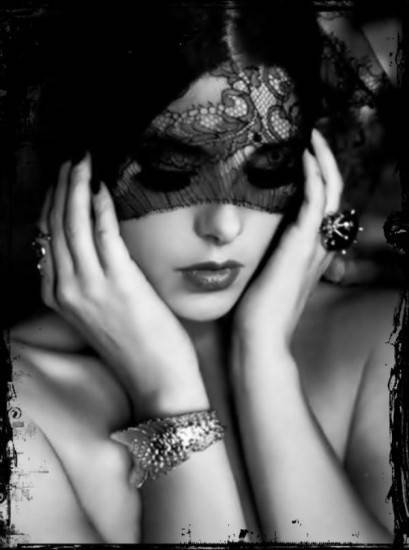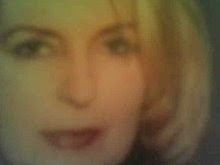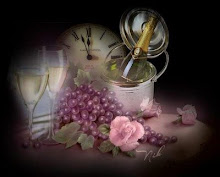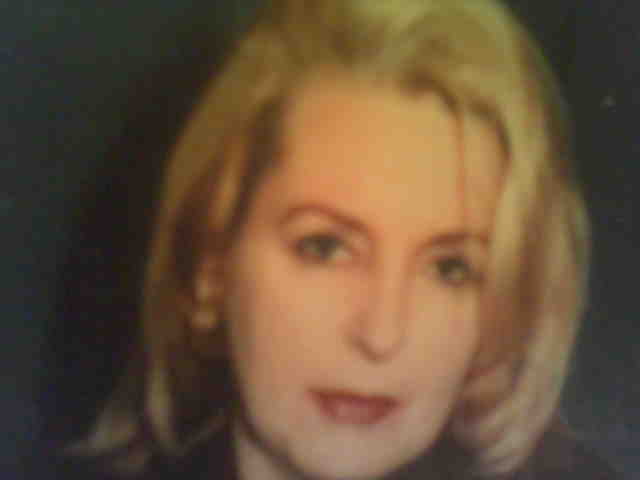Above all pianists - indeed, above virtually any musician of the last fifty years - Arthur Rubinstein represented in both his life and his music-making a unique joie de vivre. That alone would set him apart in this serious musical age, where there is a high degree of skill but very little charm or poetry. Arthur Rubinstein was able to communicate joy in his playing. He loved the piano, he loved the music he played, and he was always able to charm audiences all over the world with one of the most extraordinary personalities that this century has seen.
Of course that charm was buttressed by the mind of a superb musician, and by the fingers of a spectacular technician. Rubinstein coaxed a big, sonorous, golden tone from the instrument, and his fingers were in total command of anything in his repertoire. And that, paradoxically, was true even when he dropped notes or smudged passages here and there. For it was clear that a sloppy episode resulted not from lack of native ability but rather from sheer scorn of pedanticism. He was daring, he took chances, and if a few notes suffered en route that was unimportant. He was a natural, born to play the piano, and when he was on the concert stage one felt as though the piano itself was welded to his body. Musician and instrument were one.
By rights, Rubinstein should have developed into a Romantic pianist. He was, after all, born in 1887, a period where great pupils of Liszt and Leschetizky were beginning to storm the world. And, of course, Rubinstein did take over some of the mannerisms of that period. To the Romantics, sound was an esthetic in itself, and the Rubinstein sound remained unmatched all his life. But he never was a Romantic pianist in the sense that, say, Ignaz Paderewski or Vladimir de Pachmann were. By modern standards, those two artists could be eccentric and mannered, riding roughshod over rhythm and text. Not Rubinstein. He retained the best elements of Romanticism, but he discarded its excesses. Thus while his playing sang in a Romantic manner, intellectually he was very much of this century. He knew how to respond to the form of a piece, how to make phrase succeed phrase in a logical manner, how to build to the one inevitable climax. He was a big pianist but also a very subtle one. No detail was too small to play an integral part in a total conception. He also was the most unneurotic pianist of his time. Not for him the tortured complexities of some pianists, or the soul-searching innigkeit of others, or the egoism of still others. Rubinstein played every piece in a natural, healthy, extroverted manner, with sweep and a big line, with color and fire. As he played, everything sounded natural and logical.
He was a well-known pianist-artist all his life, but not until the middle 1930’s did he become an international headliner. Despite Rubinstein’ s claim that he never settled down until his return to the United States in 1937, the records that he made in the middle 1920’s tell a different story. Such discs as the ones of Liszt’s Tenth Rhapsody, or the Albeniz Navarra, demonstrate a phenomenal virtuosity, gorgeous colorations and the most beautiful of singing lines. To tell the truth, he probably never played better.
What really happened was that, in his young maturity, he suddenly found himself in the right place. The two reigning heroes of the keyboard, Josef Hofmann and Sergei Rachmaninoff, were nearing the end of their careers. The new crop of younger pianists were, by and large, percussionists and not very interesting. (There were exceptions, of course. Benno Moiseiwitsch and Vladimir Horowitz were major pianists by any standards). The public was looking for a new Romantic hero, and Rubinstein met all specifications.
He was Polish, hence romantic and exotic. He had incredible charisma. In the United States he had been preceded by a series of superb recordings - the Tchaikovsky B flat minor Concerto, the Chopin Scherzos and other works by Chopin - that had created a great deal of interest. Suddenly Rubinstein found himself in great demand, and after World War II he became one of the most popular pianists before the public. The other was Vladimir Horowitz; but the moody, unpredictable Horowitz had a habit of taking long sabbaticals, the longest of which (from 1953 to 1965) kept him away from the public for twelve years. Rubinstein never was away.
He spent his long life playing. He never did much teaching, although he did interest himself in the careers of some younger pianists.
"On stage," Rubinstein told in an interview with Harold C. Shonberg in 1964, "I will take a chance. There has to be an element of daring in great music-making. These younger ones, they are too cautious. They take the music out of their pockets instead out of their hearts. And they know little about pedalling or tone production. " Rubinstein’s remark about "playing from the heart" was characteristic. He always played from the heart. Music was nothing if not an emotional expression.
In his long life he saw interpretation pass from Romanticism to the percussionism of Bartok and Prokofiev, and then to the literalism brought in by the anti-Romantic movement, in which young pianists were trained to observe only the printed note, keeping themselves out of music. Rubinstein did not like what he heard. He realized, as all great artists do, that music means nothing until brought to life by an imaginative, sympathetic player. He knew that it was the function of the interpreter to refract the message of the composer through the prism of his own mind. Otherwise a robot could do the job as well.
Toward the end of his life Rubinstein lent his name to the piano competition in Tel-Aviv named after him.
Perhaps the example of his own life, and of the many great recordings he left, will spur young artists at the competition to be their own masters, to realize that there is more to music than merely playing the notes correctly, to make music with a big mind and a big conception that not only reproduces the notes but also transcends them.
Taken from Harold C. Shoenberg's article "Arthur Rubinstein" which appears in the brochure of the Fifth Arthur Rubinstein International Piano Master Competition .
O QUE DIZER?
-
Sim, o que dizer quando nos deparamos com a noticia do assassinato de uma
mãe pelo filho de catorze anos de idade? " A mãe chateava-me muito "
justi...
4 days ago


















































































No comments:
Post a Comment